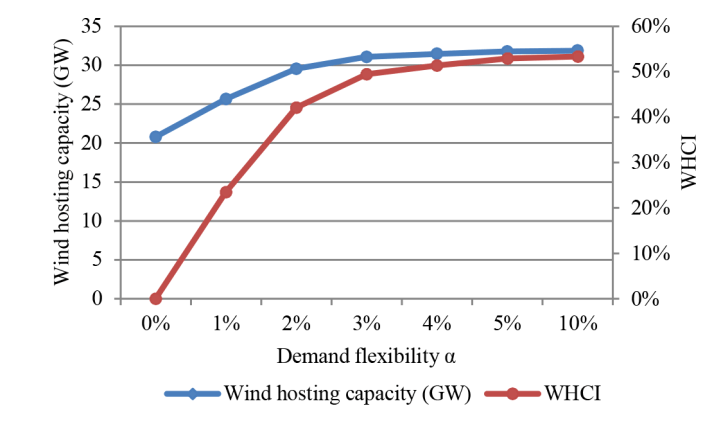Dr Dimitrios Papadaskalopoulos, Research Fellow in Decentralised Energy Systems in the Department of Electrical and Electronic Engineering, attended the 13th IEEE PowerTech Conference in Milan at the end of June. Dimitrios works on Project 6 of IDLES, investigating electricity market modelling using optimisation and game theoretic approaches.

I recently had the opportunity to present a research paper I co-authored with colleagues from Imperial College London, at the PowerTech Conference in Milan. As the anchor conference of the IEEE Power & Energy Society (PES) in Europe, PowerTech provides a forum for researchers and engineers involved in electric power and energy engineering to share ideas and results.
The paper, entitled “Role of flexible demand in supporting market-based integration of renewable generation” was a showcase of my group’s work. It discusses our research on developing a novel bi-level optimization approach for quantifying the maximum amount of renewable generation that can be connected to a power system while ensuring the profitability of such generation, as well as the role of new flexible demand technologies in increasing this hosting capacity of the system. The following figure from this paper illustrates this significant role of demand flexibility.

My presentation received very positive feedback from many researchers about both its scope and its supporting methodological framework. Furthermore, interest has been expressed from two research groups in other universities to collaborate in relevant research topics.
The PowerTech conference has always provided me with new perspectives and ideas, given the breadth of the presented research works. During this year in particular, the presentations and discussions have highlighted the increasing interest of the energy community on machine learning and data-driven methodological approaches, which I aim to start exploring in the framework of my market modelling research.
I believe that the work presented in this paper and our wider work in this area has the potential to provide critical insights around one of the fundamental research questions on the energy field: how can we align the envisaged decarbonisation of energy systems with the ongoing deregulation of the energy sector?
On the one hand, the energy community aims at decarbonising electricity systems through the large-scale integration of renewable generation. Although this paradigm promises significant reduction of greenhouse gas emissions and alleviation of climate change, it also leads to massive reductions of electricity prices, threatening the profitability of renewable generation projects and thus de-motivating private entities from investing in renewable energy.
In this context, the energy community needs to explore both the value of new technologies (such as flexible demand and energy storage) and the suitability of alternative market designs to address this challenge and enable a market-based transition to the low-carbon energy future.
Our work will feed into IDLES via Project 6, where we explore such market designs aligning investor, customer and societal objectives. We’re considering whether current regulations, markets and policies will naturally steer us towards the optimal future energy system identified via the IDLES models, and if not, how should they be redesigned.
Dr Dimitrios Papadaskalopoulos
Dr Dimitrios Papadaskalopoulos is a Research Fellow in Decentralised Energy Systems in the Department of Electrical and Electronic Engineering at Imperial College London.
His research focuses on mathematical modelling, analysis and optimisation of power systems and electricity markets, including assessment of the role and value of demand side and storage technologies, as well as the development of market and regulatory frameworks facilitating cost effective integration to the low carbon future.
His contributions lie primarily on the development and application of market-based and distributed approaches for the coordination of operation and planning decisions in electrical power systems, employing mathematical decomposition and game-theoretic principles.
